10 Foods High in Butyrate for Your Gut Health
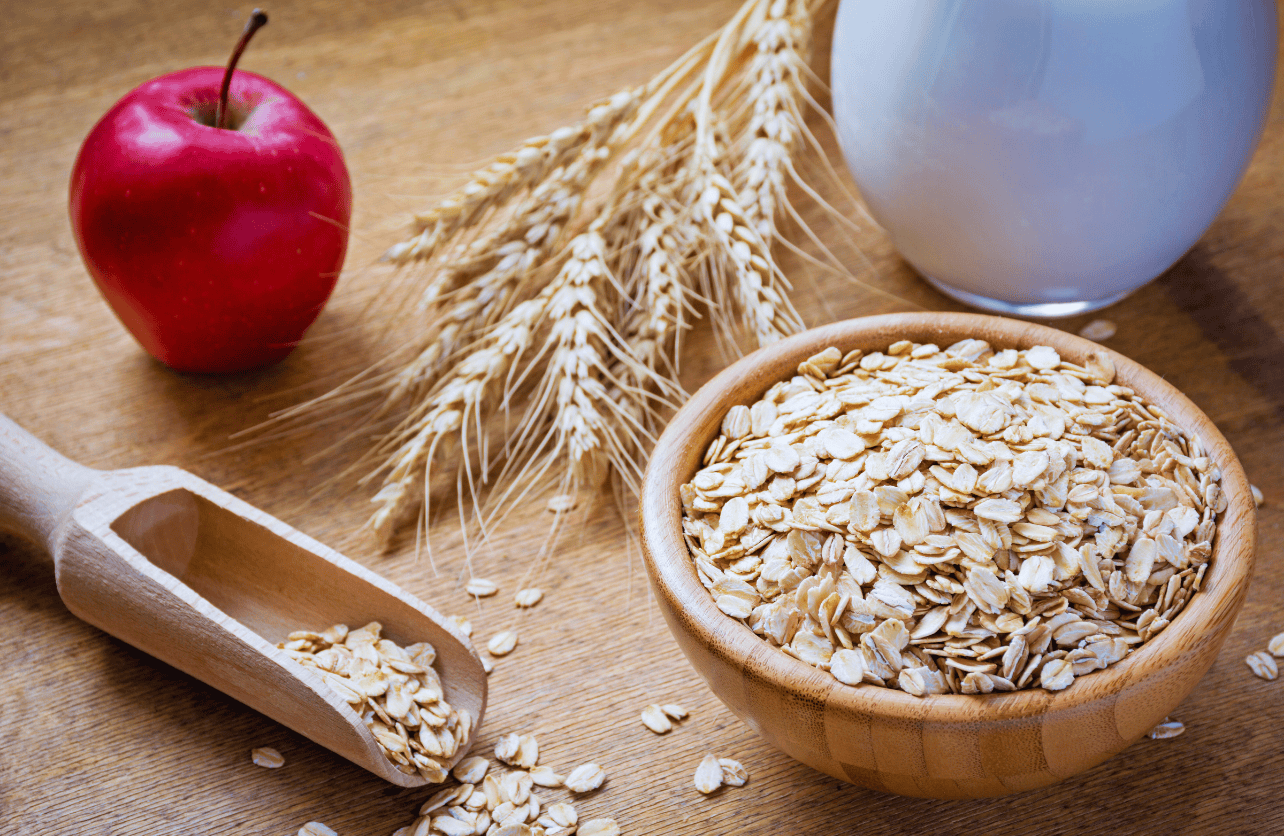
Butyrate is a crucial short-chain fatty acid that supports gut health by nourishing colon cells, reducing inflammation, and boosting the gut barrier. Butyrate is not directly found in many foods, but it is produced by gut bacteria when they break down dietary fiber. To naturally boost butyrate production in your gut, here are ten foods rich in the right fibers to get those beneficial microbes working:
1. Oats
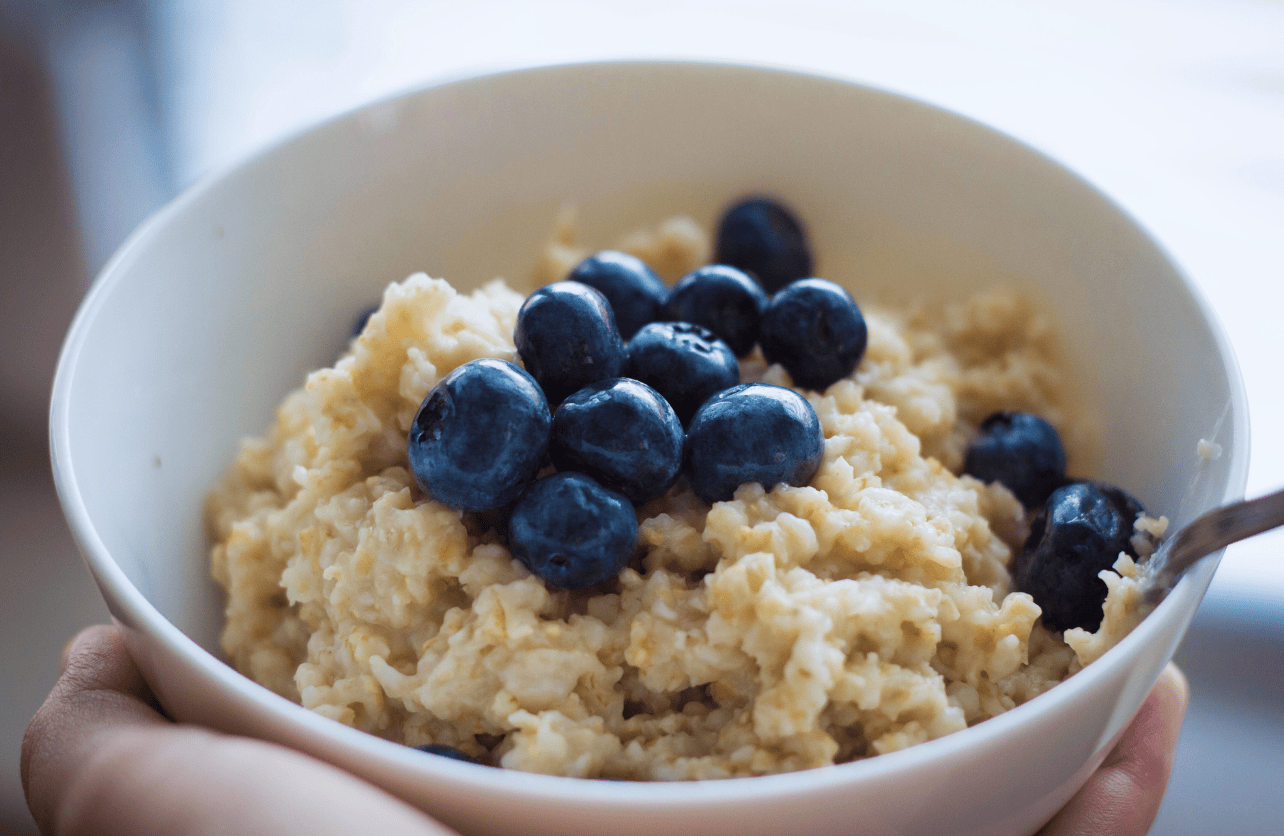
Oats are an excellent source of beta-glucan, a soluble fiber that promotes butyrate production. Incorporating oatmeal, oat bran, or oat-based products into your diet can help feed the good bacteria in your gut. The fiber content in oats serves as the perfect prebiotic for butyrate-producing microbes.
2. Barley
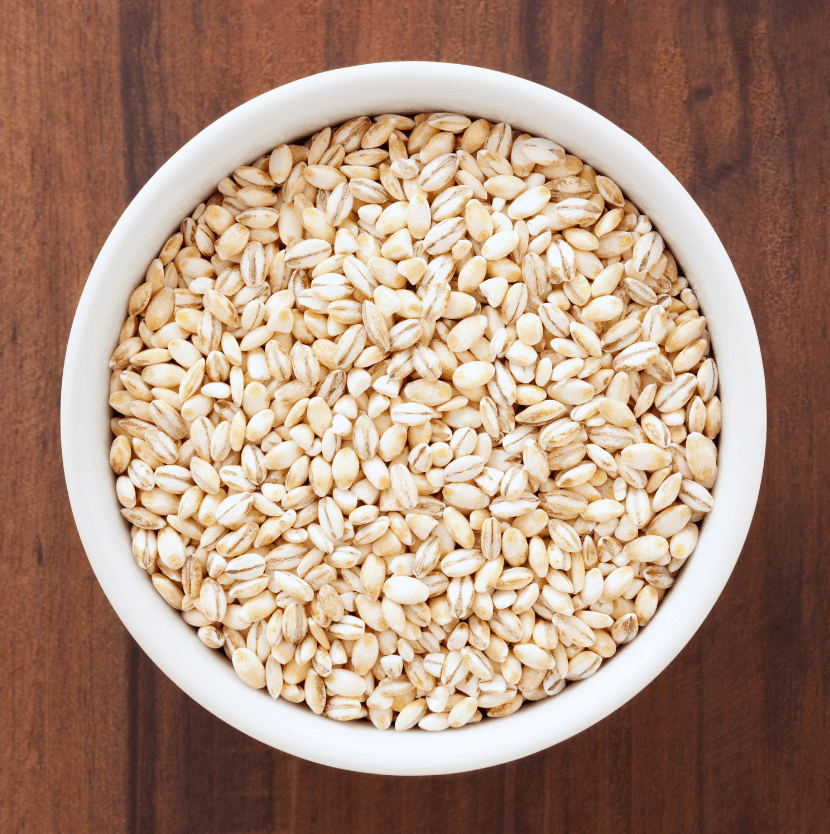
Like oats, barley is high in beta-glucan, making it another fantastic source of fermentable fiber. When gut bacteria break down the fiber in barley, they generate butyrate, contributing to a healthier colon environment. Enjoy barley in soups, salads, or as a rice alternative.
3. Apples

Apples contain pectin, a fermentable fiber that plays a key role in butyrate production. Regularly eating apples not only benefits digestion but also helps regulate blood sugar levels. Choose whole apples over juice to maximize fiber intake.
4. Chickpeas
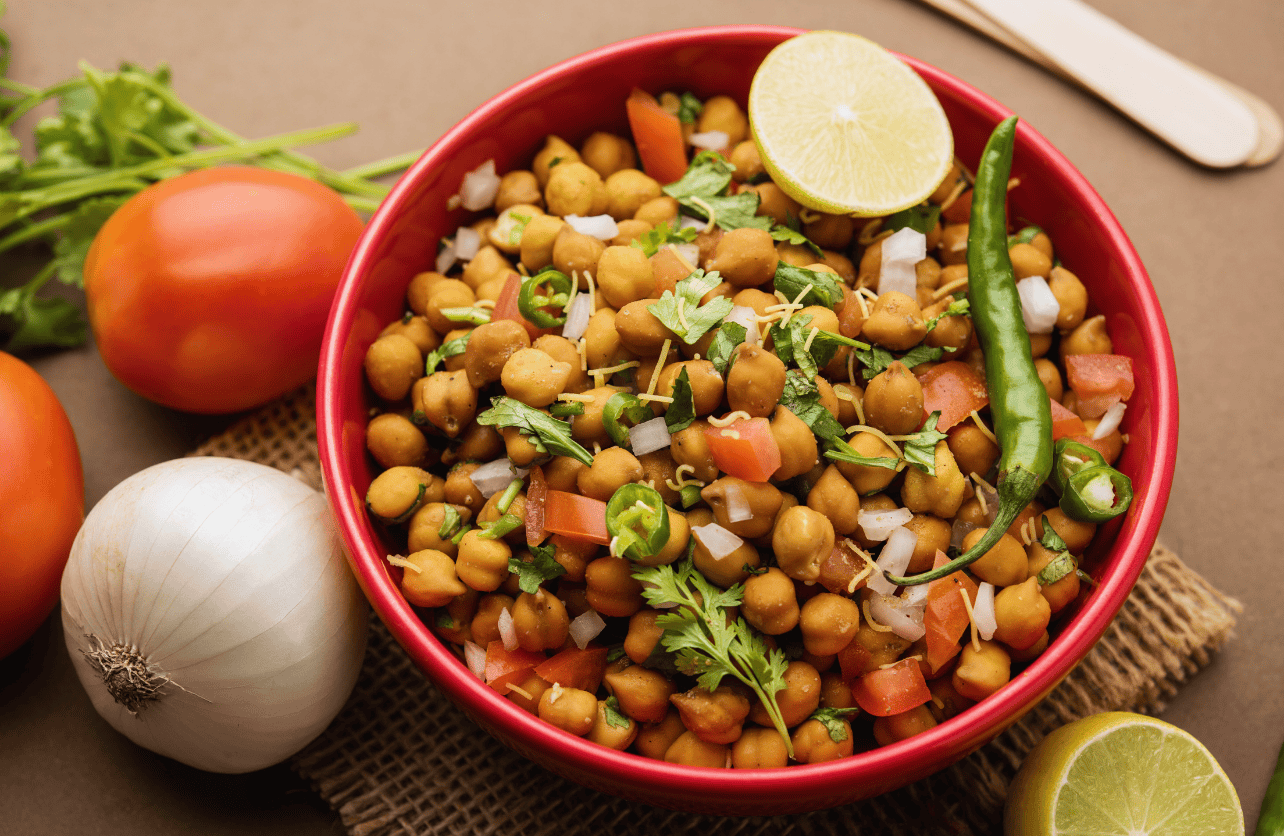
Legumes like chickpeas are rich in soluble fiber and resistant starch, both of which promote butyrate production. Adding chickpeas to your meals in the form of hummus, salads, or soups can give your gut a beneficial fiber boost.
5. Garlic
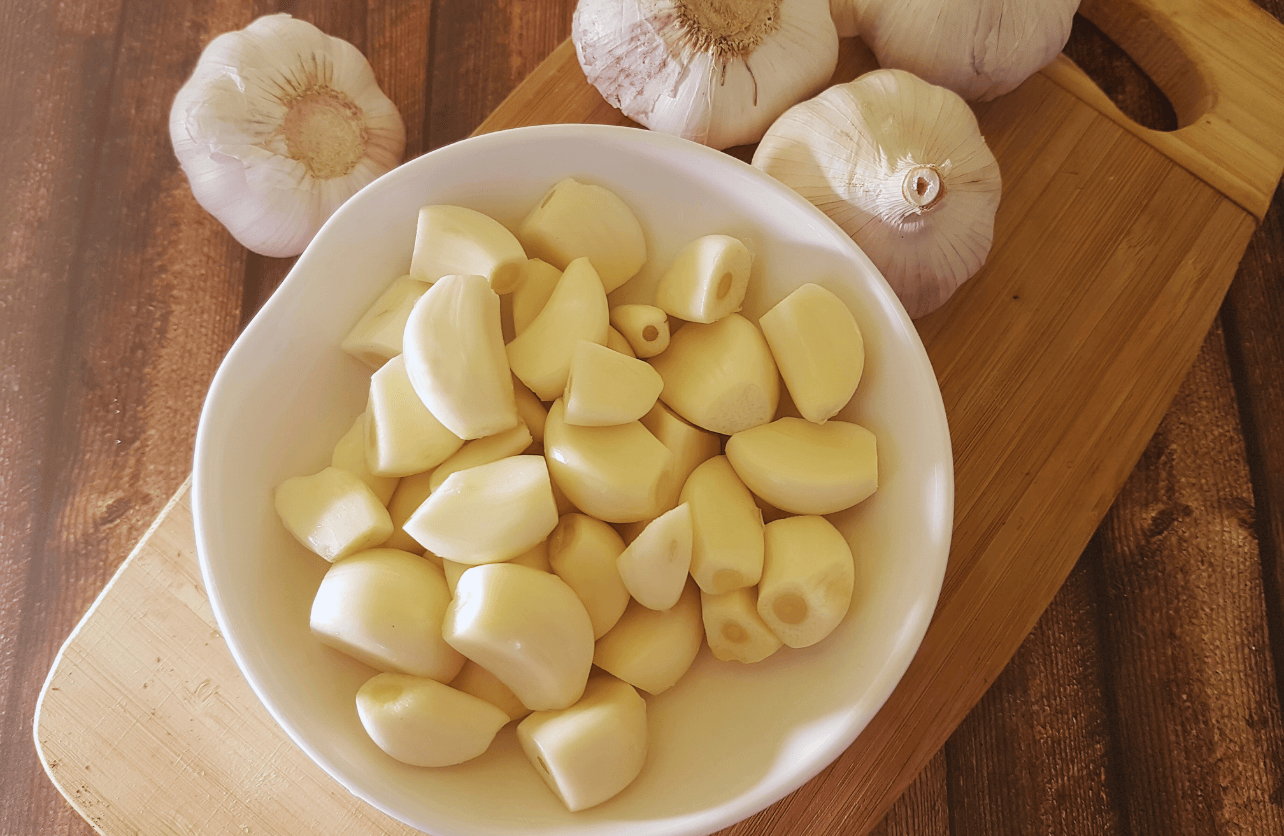
Garlic acts as a prebiotic, stimulating the growth of healthy gut bacteria that produce butyrate. Beyond its digestive benefits, garlic is also well-known for its anti-inflammatory and immune-supporting properties.
6. Onions
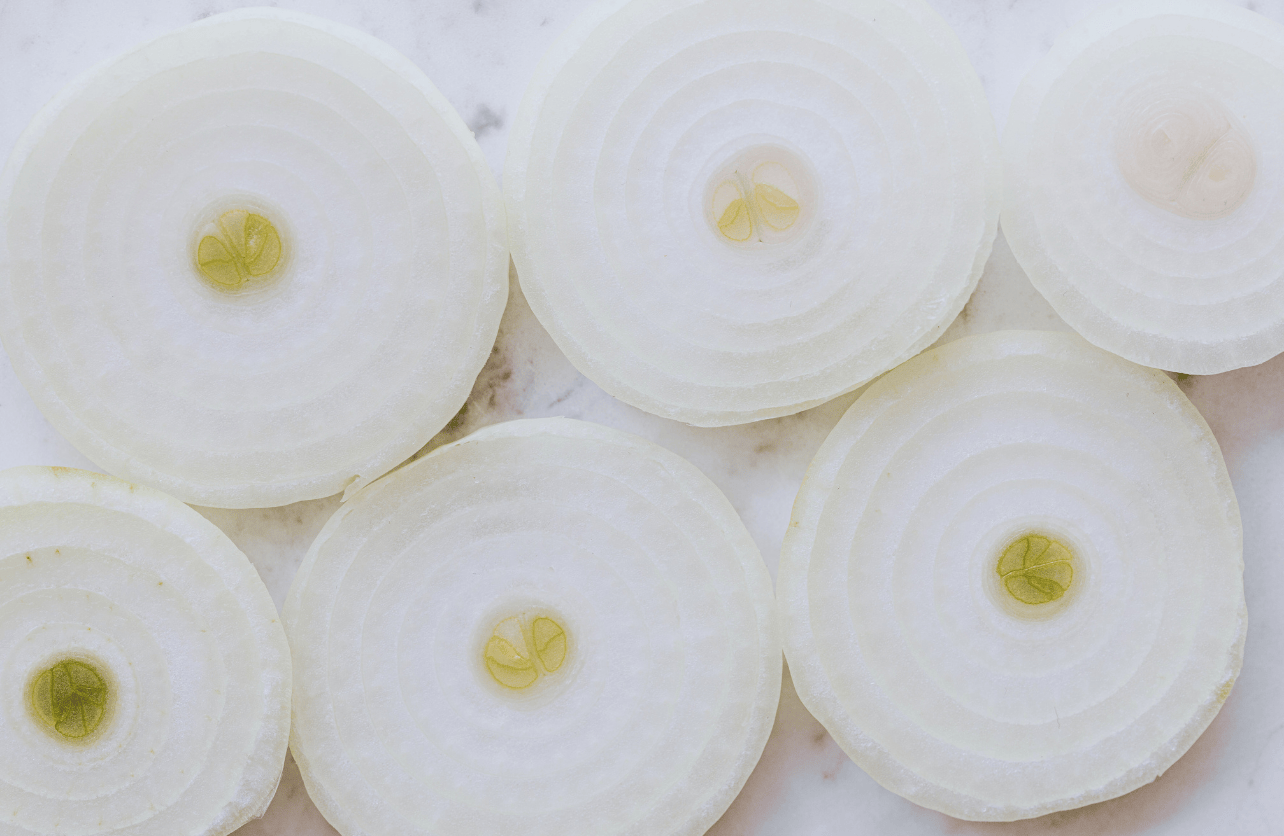
Like garlic, onions contain inulin, a fiber that helps stimulate butyrate production. Including raw or cooked onions in your meals enhances gut health by supporting the proliferation of butyrate-producing bacteria.
7. Bananas

Bananas, especially when slightly underripe, are high in resistant starch. This type of fiber is not digestible by humans but is fermented by gut bacteria, leading to the production of butyrate. Bananas are also a convenient and versatile snack.
8. Potatoes (cooked and cooled)

When potatoes are cooked and then cooled, they form resistant starch, which gut bacteria love to ferment into butyrate. Enjoying potato salad or reheated potatoes can be an easy way to boost your gut health without sacrificing flavor.
9. Kiwifruit
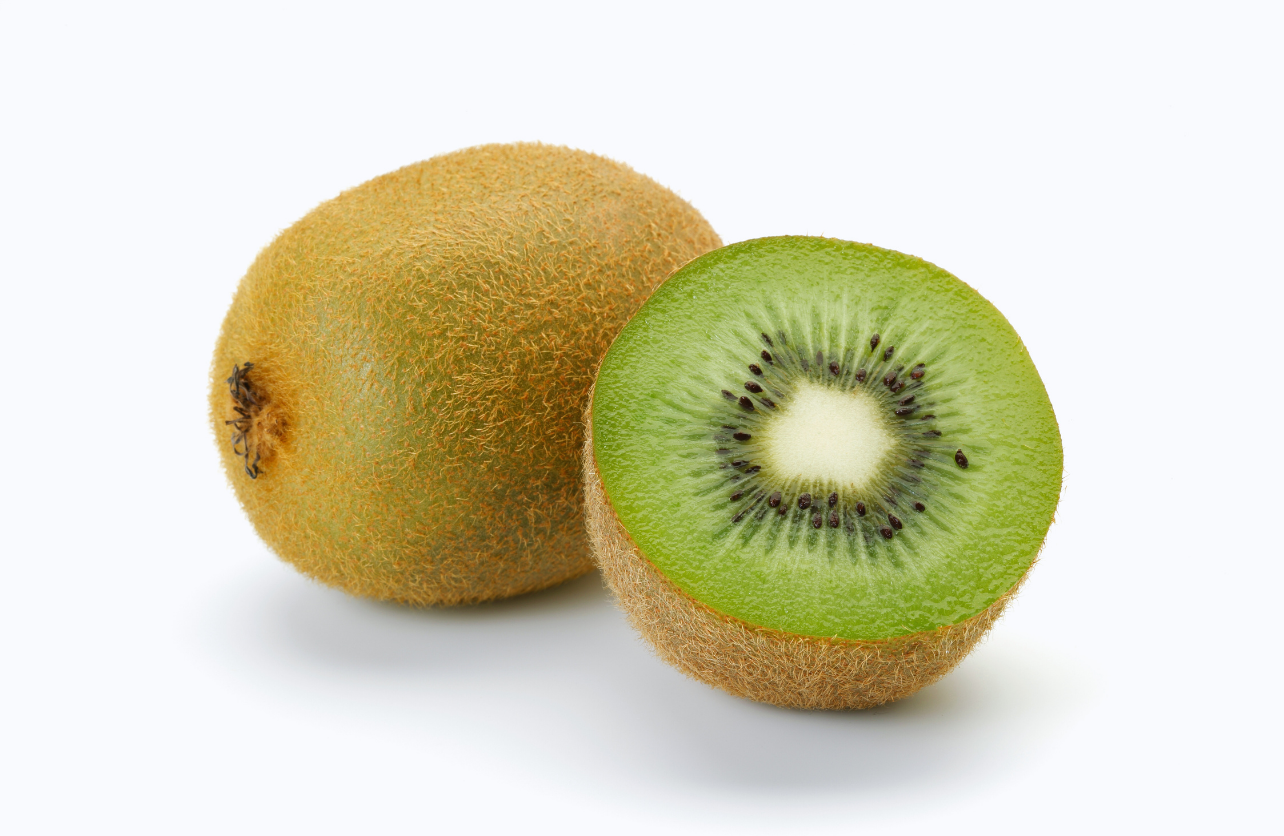
Kiwifruit offers a rich source of fiber, which contributes to increased butyrate production. This tropical fruit not only aids digestion but is also packed with vitamins, making it a great choice for gut health and overall well-being.
10. Whole Wheat Bread

Whole grains, like those found in whole wheat bread, provide fermentable fibers that help in producing butyrate. Opt for whole grain versions of bread, pasta, and cereals to improve digestion and fuel your gut bacteria.
Why Butyrate Matters for Gut Health
Butyrate supports colonocytes, the cells lining the gut, which rely on butyrate for 70% of their energy needs. Without enough butyrate, these cells struggle to function, leading to impaired gut health and a less-than-ideal environment for your beneficial gut bacteria.
Butyrate has anti-inflammatory properties and plays a role in maintaining a strong gut barrier. This helps prevent harmful bacteria and toxins from entering your bloodstream, reducing your risk of inflammation and diseases such as colorectal cancer.
How to Increase Butyrate Production
To enhance butyrate production, focus on eating a fiber-rich diet, incorporating fruits, vegetables, legumes, and whole grains. Aim for a variety of different fibers to feed a diverse range of gut bacteria. While butter is often touted as a direct source of butyrate, it’s far more effective to feed your gut bacteria the right kind of fiber to ensure a steady supply of butyrate in the colon.
Incorporating the above foods regularly into your diet can help promote butyrate production and contribute to better overall gut health, enhancing digestion, reducing inflammation, and supporting your immune system. With these gut-friendly foods, you’re on your way to a healthier microbiome.
Building a Stronger You
Supplement Institute is the fruit of extensive online publishing experience, spanning the breadth of SEO strategies to the nuances of paid advertisements. Our journey, marked by significant achievements and learning moments, inspires our core mission: to empower our readers with an abundance of information. By sharing insights and key learnings, we aim to provide you with the knowledge needed to navigate the complex world of supplements, helping you make well-informed decisions for your health and well-being. Welcome to Supplement Institute, where information is your greatest supplement.